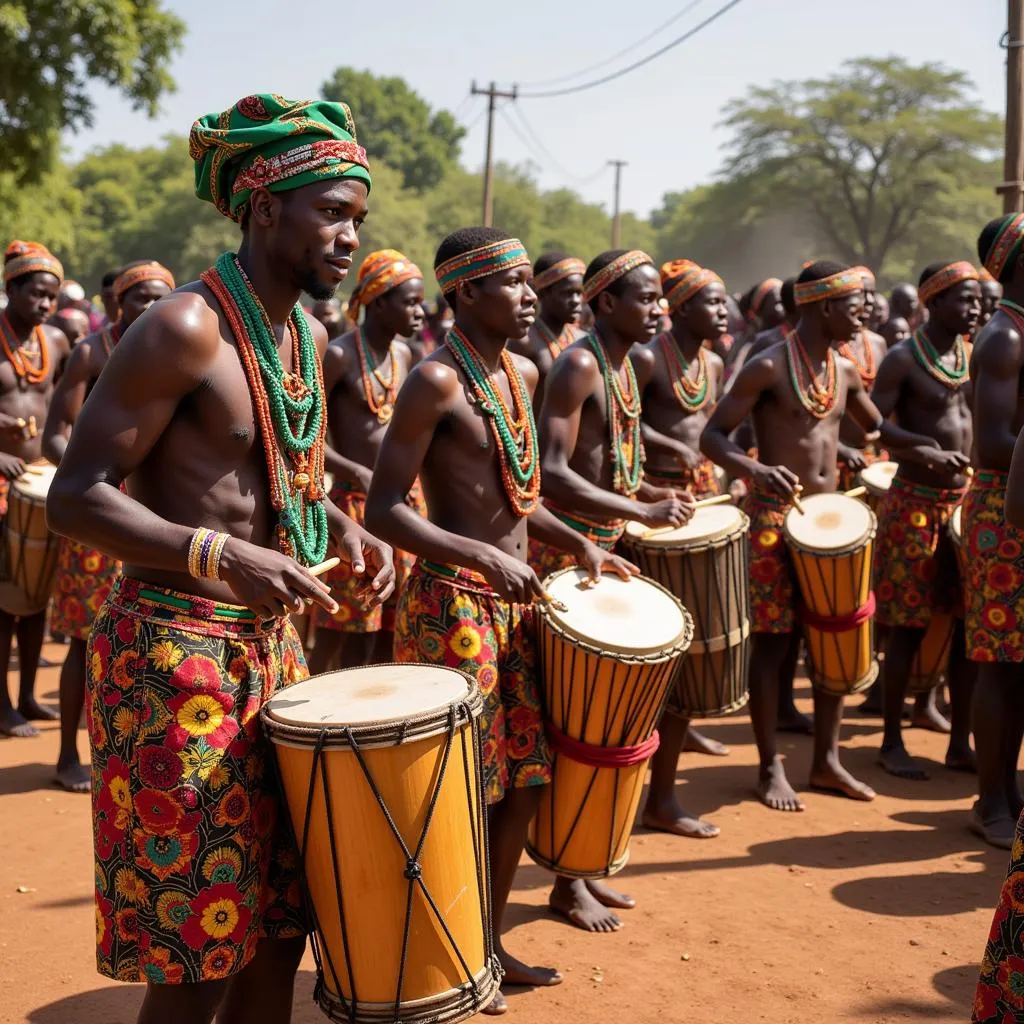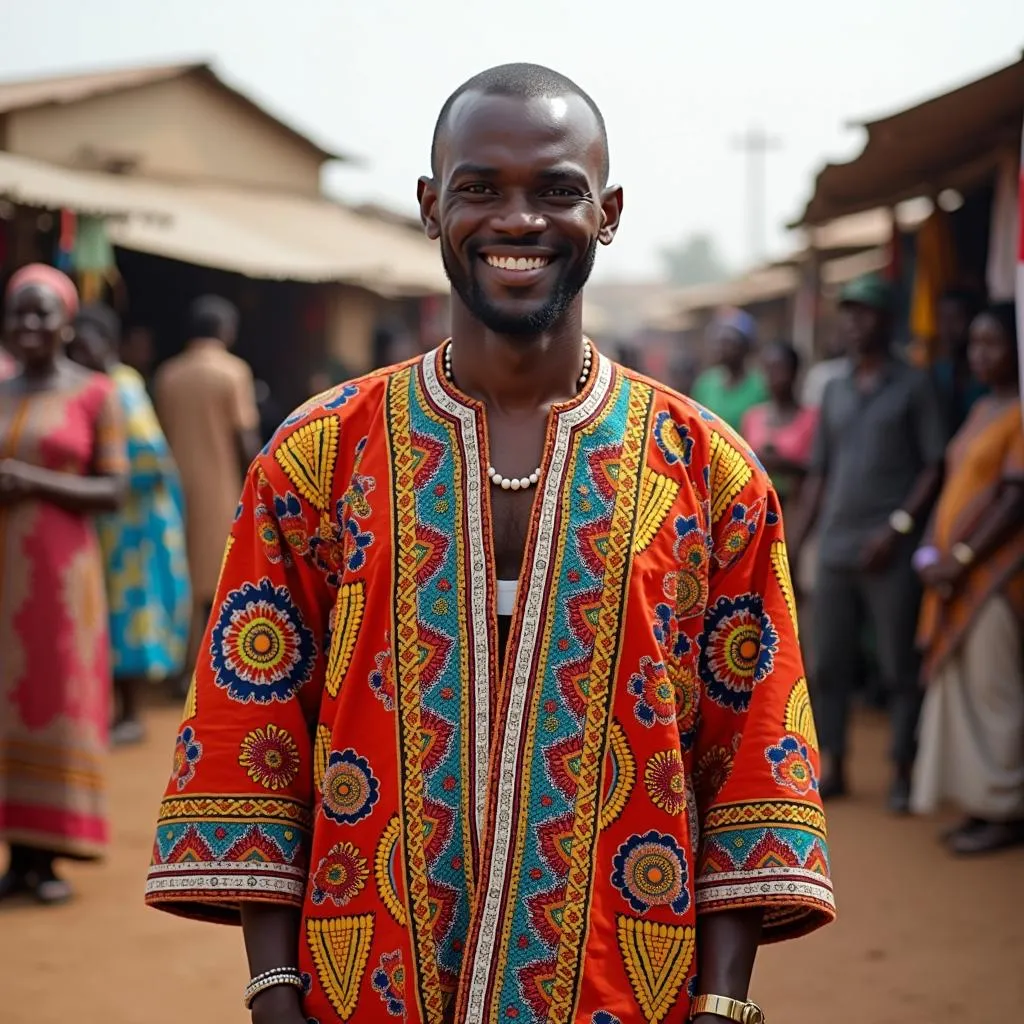African American Activist Leaders: A Legacy of Courage and Change
African American Activist Leaders have played a pivotal role in shaping the social and political landscape of the United States, fighting for civil rights, equality, and justice. From the abolitionist movement to the Black Lives Matter movement, their contributions have been instrumental in advancing the cause of freedom and human dignity. This article explores the lives, struggles, and triumphs of some of the most influential African American activist leaders, highlighting their enduring impact on American society and the world.
The Early Pioneers of Activism
The struggle for African American liberation began long before the Civil Rights Movement of the mid-20th century. Early activists like Sojourner Truth, a powerful abolitionist and women’s rights advocate, challenged the institution of slavery and championed the cause of equality for all. Frederick Douglass, another prominent abolitionist and writer, used his eloquence and personal experiences to expose the horrors of slavery and advocate for its eradication. These early pioneers laid the foundation for future generations of activists, inspiring them to continue the fight for freedom and justice.
The African Civil Rights Movement was a watershed moment in American history. It built upon the work of earlier activists and further propelled the fight for equality. You can read more about this pivotal era on our page about the African civil rights movement.
The Civil Rights Era and Beyond
The mid-20th century witnessed a surge of activism, with leaders like Martin Luther King Jr. emerging as prominent voices for nonviolent resistance and civil disobedience. King’s leadership during the Montgomery Bus Boycott and his iconic “I Have a Dream” speech galvanized the nation and inspired millions to join the fight for equal rights. Alongside King, figures like Rosa Parks, whose courageous act of defiance sparked the Montgomery Bus Boycott, and John Lewis, a key organizer of the Student Nonviolent Coordinating Committee (SNCC), played crucial roles in mobilizing communities and challenging segregation. These African American activist leaders helped dismantle Jim Crow laws and secure landmark legislation like the Civil Rights Act of 1964 and the Voting Rights Act of 1965.
The fight for freedom and equality also extended beyond the borders of the United States. Many African Americans actively participated in or supported African freedom fighter groups, recognizing the interconnectedness of struggles against oppression across the diaspora. Their involvement highlighted the global reach of the fight for human rights and the shared experiences of people of African descent worldwide. You can find more information on our page about African freedom fighter groups.
Continuing the Struggle: Contemporary Activism
The legacy of African American activist leaders continues to inspire contemporary movements for social justice. From the Black Lives Matter movement, which has brought renewed attention to police brutality and racial inequality, to the ongoing fight for voting rights and economic justice, activists are building upon the foundation laid by their predecessors. These contemporary movements utilize various forms of activism, including protests, social media campaigns, and community organizing, to address systemic racism and advocate for transformative change.
The African American Policy Forum provides valuable resources and insights into the ongoing challenges faced by African Americans and the efforts being made to promote racial justice and equity. You can learn more about their work through our dedicated page, African American Policy Forum.
What are the Contributions of Key African American Activist Leaders?
African American activist leaders have made significant contributions to American society and the world. Their courageous efforts have led to advancements in civil rights, voting rights, education, and social justice. They have inspired generations to fight for equality and challenged the status quo through nonviolent resistance, advocacy, and community organizing. Their enduring legacy continues to shape the ongoing struggle for human rights and social justice.
African American Activism: A Global Perspective
The struggle for human rights and social justice is not confined to any one nation or continent. African Americans have often looked to the struggles of people on the African continent for inspiration and solidarity. You can delve deeper into the topic of African homo sex through a dedicated article on our website. Additionally, for a compelling exploration of the courageous individuals who fought for freedom, visit our page on African American freedom fighters.
Conclusion
African American activist leaders have played a pivotal role in the fight for freedom, equality, and justice. Their courage, resilience, and unwavering commitment to social change have transformed American society and inspired movements for human rights across the globe. As we continue to grapple with issues of racial inequality and injustice, it is essential to remember and honor the contributions of these remarkable individuals and to carry forward their legacy of activism and advocacy. African American activist leaders have left an indelible mark on the world, reminding us that the struggle for justice is a continuous journey that requires ongoing dedication and collective action.
FAQ
-
Who was Martin Luther King Jr.?
- Martin Luther King Jr. was a prominent leader of the American Civil Rights Movement, advocating for nonviolent resistance against racial segregation and discrimination.
-
What was the Montgomery Bus Boycott?
- The Montgomery Bus Boycott was a pivotal event in the Civil Rights Movement, sparked by Rosa Parks’ refusal to give up her seat on a bus to a white passenger.
-
What is the Black Lives Matter movement?
- The Black Lives Matter movement is a contemporary social justice movement that addresses systemic racism and police brutality against Black people.
-
Who was Sojourner Truth?
- Sojourner Truth was a prominent abolitionist and women’s rights advocate who spoke out against slavery and fought for equality.
-
What is the significance of the Civil Rights Act of 1964?
- The Civil Rights Act of 1964 outlawed discrimination based on race, color, religion, sex, or national origin, marking a significant victory in the Civil Rights Movement.
Need Help?
For any inquiries or assistance, please contact us at +255768904061 or email us at [email protected]. You can also visit our office at Mbarali DC Mawindi, Kangaga, Tanzania. Our customer service team is available 24/7.
If you’d like to explore other related topics, you can find more information on our website about African homo sex and African American freedom fighters. We also have resources available on the African American Policy Forum and African freedom fighter groups.


